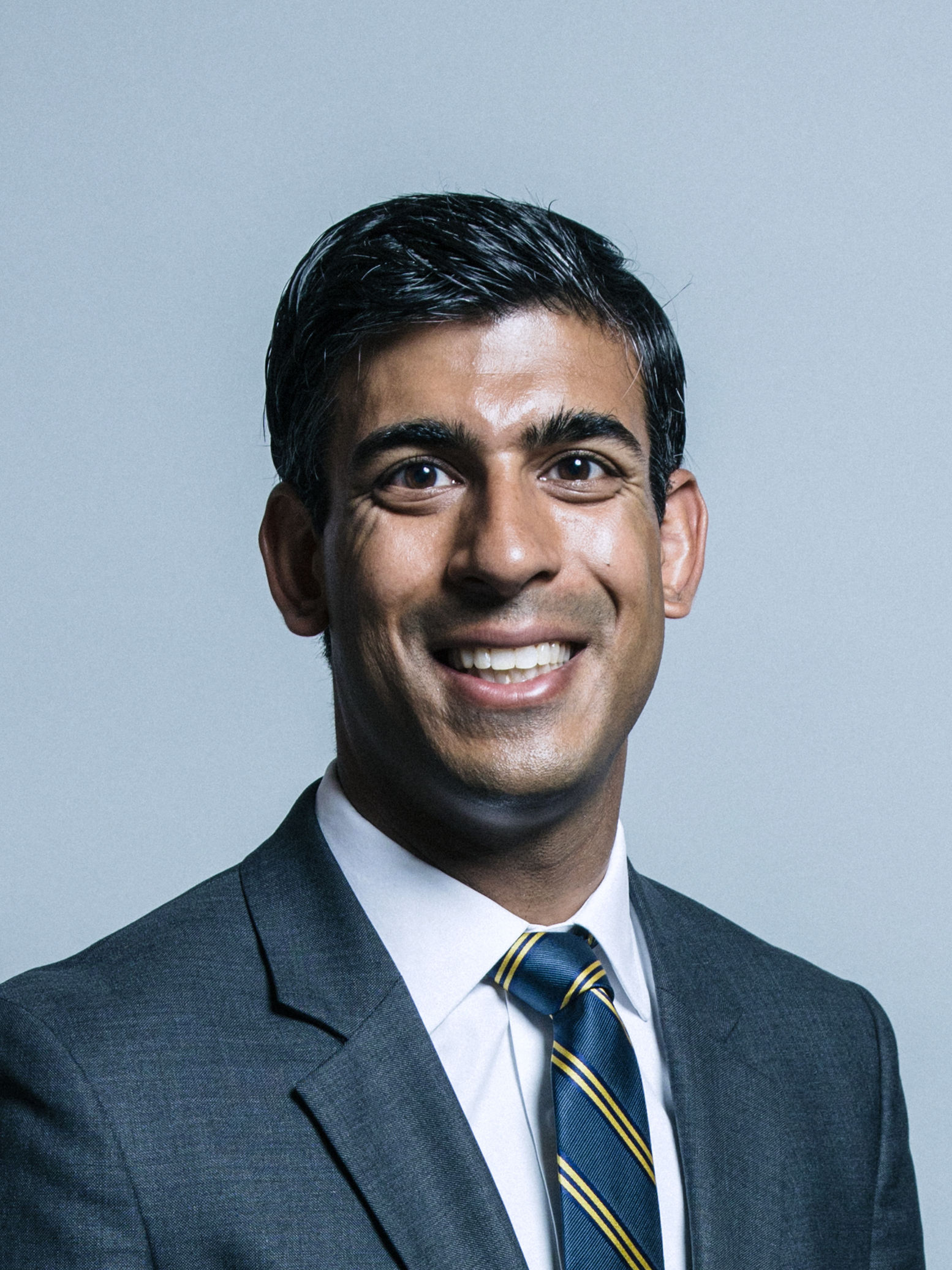More than a fifth of UK adults have no immediately accessible savings, highlighting the nation’s “precarious” financial position going into the coronavirus crisis, according to research from OpenMoney.
A study amongst 2,081 adults, conducted by OpenMoney and carried out by YouGov earlier this month, found that 21% have no immediately accessible savings, while 18% would only have enough to cover essential outgoings, such as mortgage or rental payments, for two months or less if they had no income coming in.
OpenMoney’s research suggested that a huge number of households were already struggling financially and may need even more help to survive the additional economic difficulties being created by the coronavirus crisis.
Over the last two years, OpenMoney also indicated that of those that had experienced financial difficulties, 12% had been behind on paying essential bills while 10% had missed a debt or loan repayment. In the last twelve months, 44% had run out of money before their next pay day at least once, and 34% had relied on short-term credit to pay for something.
OpenMoney CEO, Anthony Morrow, commented: “Our research makes it clear that many households were already in a fragile financial position and the additional economic uncertainty created by Covid-19 may push people into further difficulties.
“The ongoing response by the Government and banks to help vulnerable customers with mortgage payment holidays and extra protection for credit card users is to be welcomed, but more may need to be done to support those in financial distress as the crisis continues and as we come out the other side.”
OpenMoney’s study also suggested 60% of UK households had some form of debt – with credit card (32%) and mortgage debt (29%) the most common, but many also had unsecured loans (20%), authorised overdrafts (14%) and car loans (9%). Only half (51%) of people were found to be keeping up with their financial commitments without any difficulties.
“If you are struggling to pay essential bills or with making debt repayments, contact your provider as soon as possible to discuss delaying or reducing payments,” Morrow added. “Prioritise paying off debt with the highest interest rates first and if you do need to take on more short-term credit opt for the form with the lowest paying interest.
“Look at your outgoings to see if there’s any services you can stop or reduce given the current circumstances. As always, if you are concerned, we’d recommend contacting the Money Advice Service for guidance.”
Latest News
-
FCA receives 281 whistleblowing reports in Q4 2025
-
First-time buyer mortgage pricing opening door to Bank of Family lending
-
Savers have ‘more choice than ever’, Moneyfacts reveals
-
Number of mortgages in arrears continues to fall
-
Commercial brokers’ ‘wish list’ goes unanswered – Asset Advantage
-
NatWest reports mortgage book growth
Perenna and the long-term fixed mortgage market

Content editor, Dan McGrath, spoke to head of product, proposition and distribution at Perenna, John Davison, to explore the long-term fixed mortgage market, the role that Perenna plays in this sector and the impact of the recent Autumn Budget
Mortgage Advice Bureau and AI in the mortgage sector
Chief executive officer at Mortgage Advice Bureau, Peter Brodnicki, and founder and managing director at Heron Financial, Matt Coulson, joined content editor Dan McGrath to discuss how Mortgage Advice Bureau is using artificial intelligence to make advancements in the mortgage industry, the limitations of this technology and what 2026 will hold for the market
NEW BUILD IN FOCUS - NEW EPISODE OF THE MORTGAGE INSIDER PODCAST, OUT NOW

Figures from the National House-Building Council saw Q1 2025 register a 36% increase in new homes built across the UK compared with the same period last year, representing a striking development for the first-time buyer market. But with the higher cost of building, ongoing planning challenges and new and changing regulations, how sustainable is this growth? And what does it mean for brokers?
Does the North-South divide still exist in the UK housing market?

What do the most expensive parts of the country reveal about shifting demand? And why is the Manchester housing market now outperforming many southern counterparts?
In this episode of the Barclays Mortgage Insider Podcast, host Phil Spencer is joined by Lucian Cook, Head of Research at Savills, and Ross Jones, founder of Home Financial and Evolve Commercial Finance, to explore how regional trends are redefining the UK housing, mortgage and buy-to-let markets.
In this episode of the Barclays Mortgage Insider Podcast, host Phil Spencer is joined by Lucian Cook, Head of Research at Savills, and Ross Jones, founder of Home Financial and Evolve Commercial Finance, to explore how regional trends are redefining the UK housing, mortgage and buy-to-let markets.
© 2019 Perspective Publishing Privacy & Cookies











Recent Stories